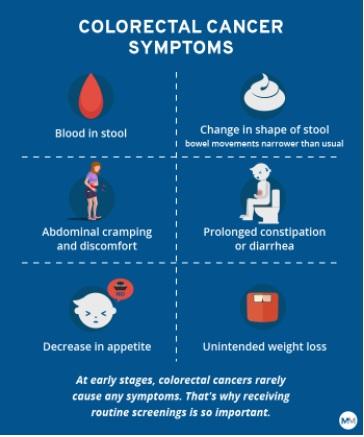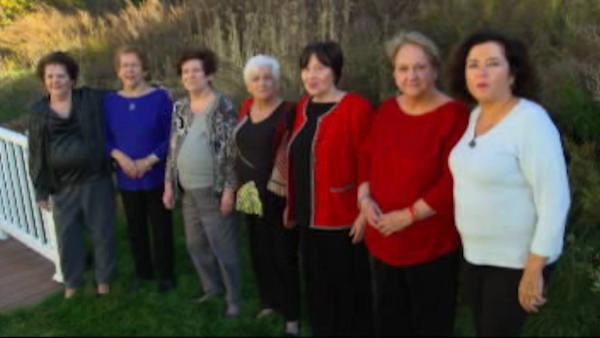At first glance,Sarah seemed like the picture of youth and vitality—a vibrant 22-year-old navigating her first professional role with enthusiasm and energy. What began as seemingly innocuous back discomfort, attributed to long hours at a new desk job, would soon unravel into a medical journey that would challenge everything she knew about her health and resilience. Behind the routine complaints of workplace strain lay a hidden narrative of complexity,revealing how subtle symptoms can mask profound underlying truths about one’s physical condition. Emily Carter’s life seemed to be on an upward trajectory. Fresh out of college, she had landed her dream job at a prestigious marketing firm in downtown Chicago.Her days were filled with spreadsheets, client meetings, and the excitement of building her professional career.
The first signs were subtle.Occasional back pain that she initially attributed to long hours sitting at her ergonomic desk. She’d stretch, do some yoga, and chalk it up to the typical discomforts of transitioning to an office environment. Friends and family suggested she invest in a better chair or try some physical therapy.
As weeks turned into months, the pain became more persistent. What started as mild discomfort transformed into sharp, crushing sensations that would wake her in the middle of the night. Emily began to notice unexplained bruises on her body and felt an overwhelming fatigue that no amount of sleep could resolve.
Medical professionals initially dismissed her symptoms as work-related stress.Her primary care physician recommended stretching exercises and over-the-counter pain medication. But something felt different. Emily’s body was sending signals that something was fundamentally wrong.
The turning point came during a routine blood test. Her doctor’s expression changed dramatically when reviewing the results. Leukemia cells were proliferating in her bloodstream, a revelation that would wholly upend her life trajectory.
Acute lymphoblastic leukemia, an aggressive blood cancer typically associated with children, had taken root in her young, seemingly healthy body. The back pain wasn’t a result of her new desk job but a critical warning sign of a life-threatening condition.Treatment became her new full-time commitment. Chemotherapy, hospital stays, and a grueling medical protocol replaced her marketing presentations and career ambitions. Her support system rallied around her – family, friends, and colleagues providing emotional and practical support through each challenging phase.
Emily’s journey became more than a medical battle. It was a testament to resilience, hope, and the importance of listening to one’s body. What seemed like routine workplace discomfort had masked a critical health crisis brewing beneath the surface.
Her story serves as a powerful reminder that health symptoms should never be casually dismissed, irrespective of age or apparent physical fitness. Sometimes, the most unexpected challenges emerge when we least anticipate them, transforming our understanding of personal wellness and medical awareness.




